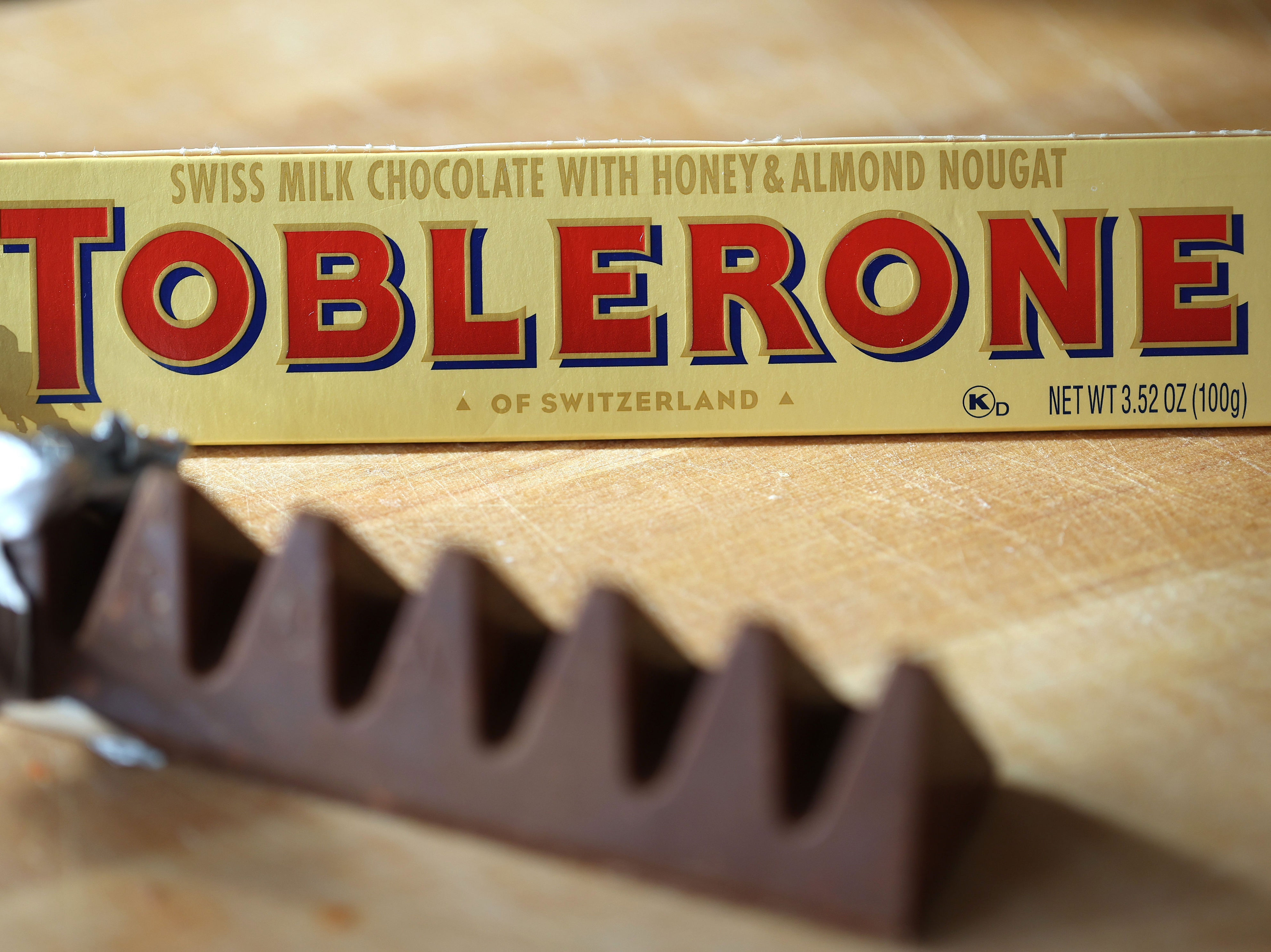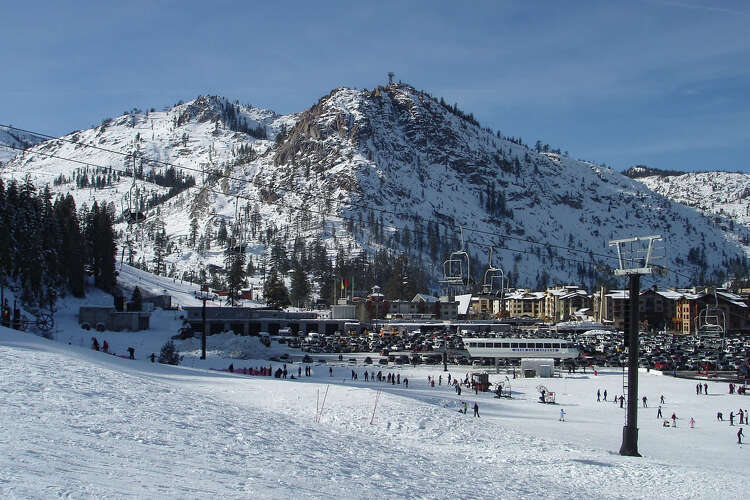It’s a sorrowful day today.
Toblerone
fans – the Swiss
chocolate
The brand has stopped producing their 360g dark chocolate bars.
A representative from the American company Mondelez stated that they would be removing the bars from shelves after being available for 56 years, admitting that this decision “might disappoint certain customers.”
Despite not providing a rationale for their choice, they told customers that they would “keep investing in Toblerone.”
The announcement comes following months of uncertainty about the bar’s location in stores.
Multiple customers voiced their concerns on X/Twitter, including someone who posted: “Can anybody tell me where I might be able to purchase a dark Toblerone chocolate bar in the UK? I’ve contacted Toblerone, and they mentioned it hasn’t been discontinued, yet I have been searching everywhere without success.”
As of this writing, it appears that the dark chocolate bars will be discontinued solely in the UK.
In 2023, Toblerone
stated it would remove the Matterhorn mountain peak
due to stringent Swiss marketing regulations because of how it’s packaged.
When some of the chocolate’s production moved from Switzerland to Slovakia, the confectionery treat had to avoid restrictions surrounding “Swissness”, which blocks national symbols from being used to promote products that are not made exclusively in the country.
The US company Mondelez substituted the depiction of the 4,478-meter-tall (14,690 ft) peak, situated at the border between Switzerland and Italy, with a standard mountain top instead.
Toblerone, a honey and almond nougat chocolate bar, got its name from merging the last name of its creator, Theodor Tobler, with torrone, an Italian toasted-almond nougat treat.

It was initially made available for purchase in 1908 in Bern, which is the capital city of Switzerland.
The “Swissness” law, enacted in 2017, mandates that national symbols may not be utilized for promoting dairy items unless they are produced entirely within Switzerland. In contrast, for other unprocessed goods, the requirement is a minimum of 80 percent Swiss content.
Research indicates that some items labeled as “produced in Switzerland” command prices that are approximately 20 percent higher compared to comparable merchandise originating elsewhere.
The Independent stands out as the globe’s premier source of unbiased reporting, offering international news, insights, and evaluations tailored for those with an independent mindset. With a vast, worldwide audience comprising people who appreciate independence of thought, we uphold a reliable reputation and dedication to fostering constructive transformation. Today, more than ever, our purpose—driving progress forward—is crucial.


